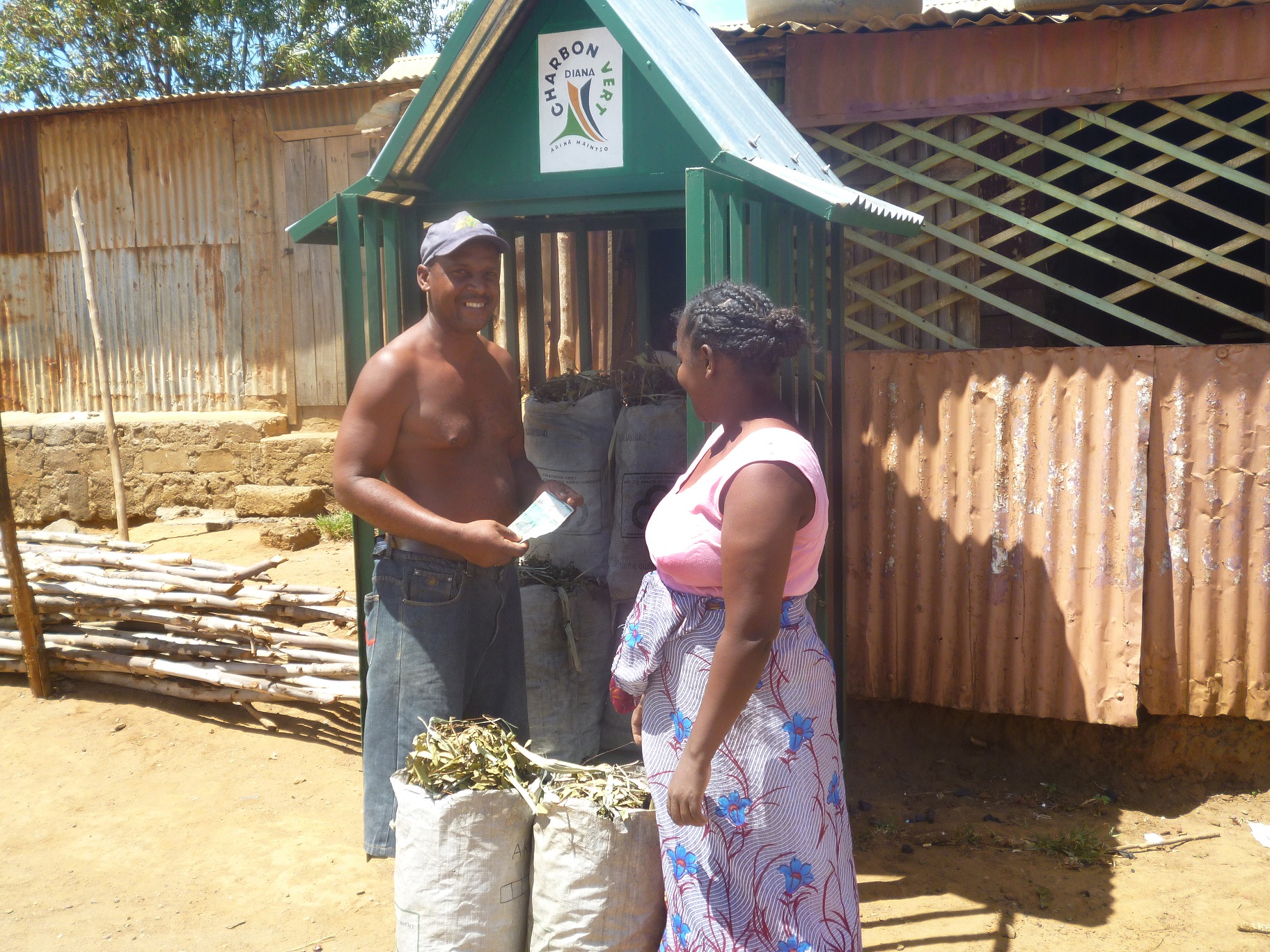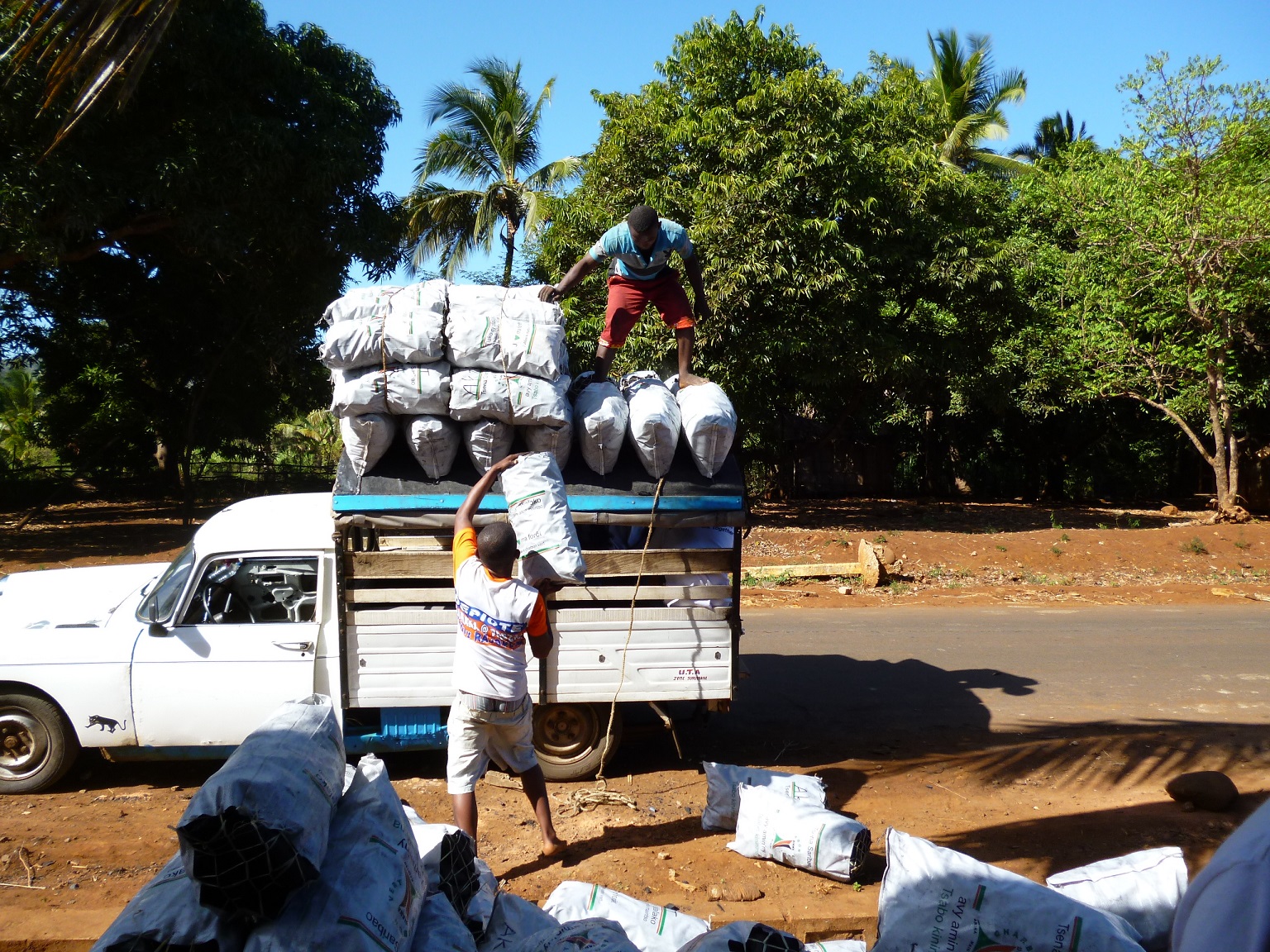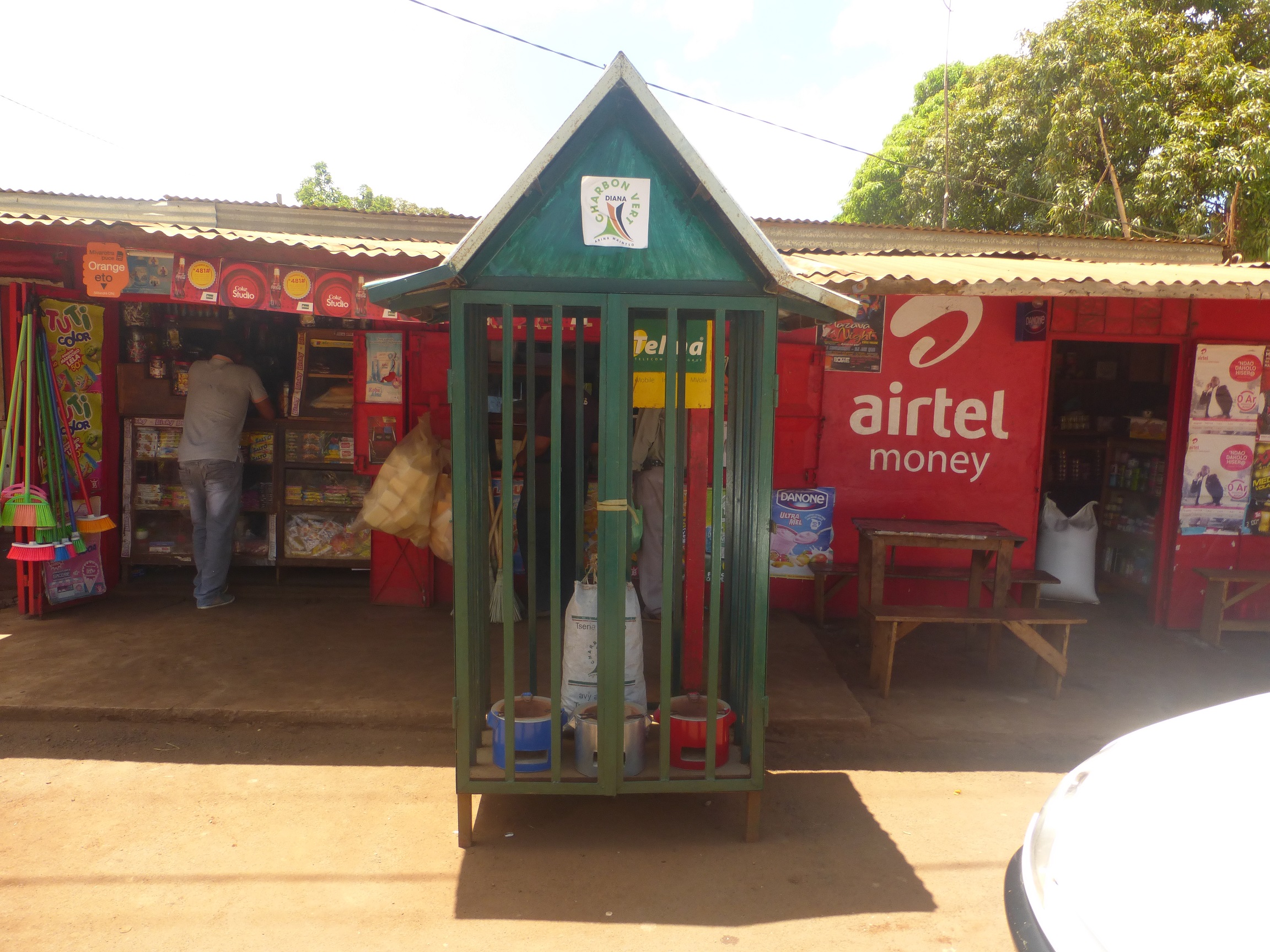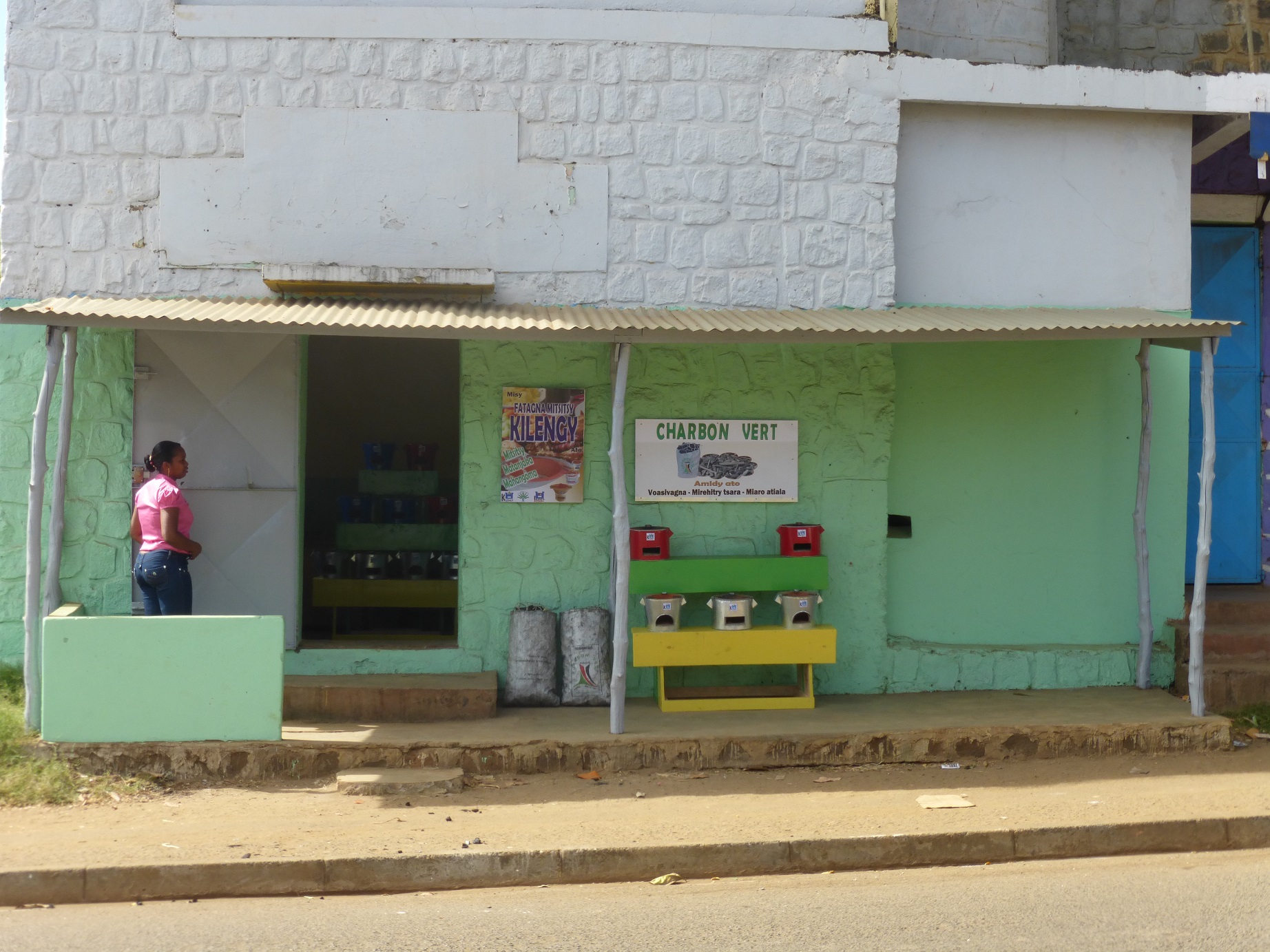




The “Green Charcoal Chain” concept responds to structural market distortions by guaranteeing producers (as members of local trade cooperatives) higher purchase prices for sustainably sourced charcoal. Specially established rural markets enable producers to sell wood fuel and charcoal exclusively with a proof of origin. The “Charbon Vert” label documents that labelled products have been certified against verifiable standards.
The direct cost of afforestation amounts to EUR 225/ha, of which farmers contribute about one third through their own labour. The remaining 65% are subsidised. Measures to formalize wood energy markets include penalty surcharges for illegally/non-sustainably sourced products, differentiated fees and charges (levied on transport, conversion and trade) as well as the further promotion of public-private partnerships.
- Using existing or creating new institutional structures to enhance participatory decision-making processes, supporting the formalisation of the value chain & promoting private entrepreneurship
- Tax reduction for sustainable charcoal as a strong financial incentive
- Existence of legal frameworks for reforestation & charcoal production from plantations (free permits granted by the forest department)
- Availability of resources & charcoal producers ensuring the valorisation of plantations
- The charcoal trade is often dominated by tight networks of middlemen (transport businesses, wholesalers, retailers). They are able to control market prices and to forestall the trickling down of economic benefits. Promoting farm-gate sales redirects a greater share of revenues to communities. Incentives for farmers and charcoal burners to set up formalized small rural businesses strengthen their bargaining power and market shares. They also facilitate proving the sustainable origin of the coal produced
- Until use regulations and taxation take effect, sustainable charcoal suffers a competitive disadvantage compared to charcoal from non-regulated and non-sustainable sources
- As long as consumers refuse to pay higher prices for sustainable charcoal, the wood energy value chain may be tied, if its value as emission reduction measure is not taken into account.